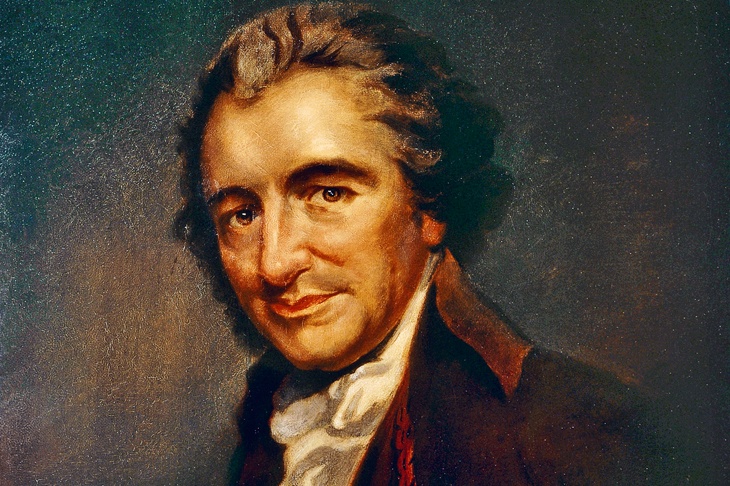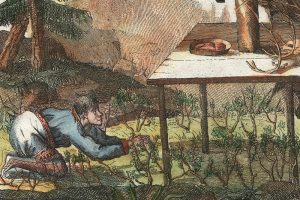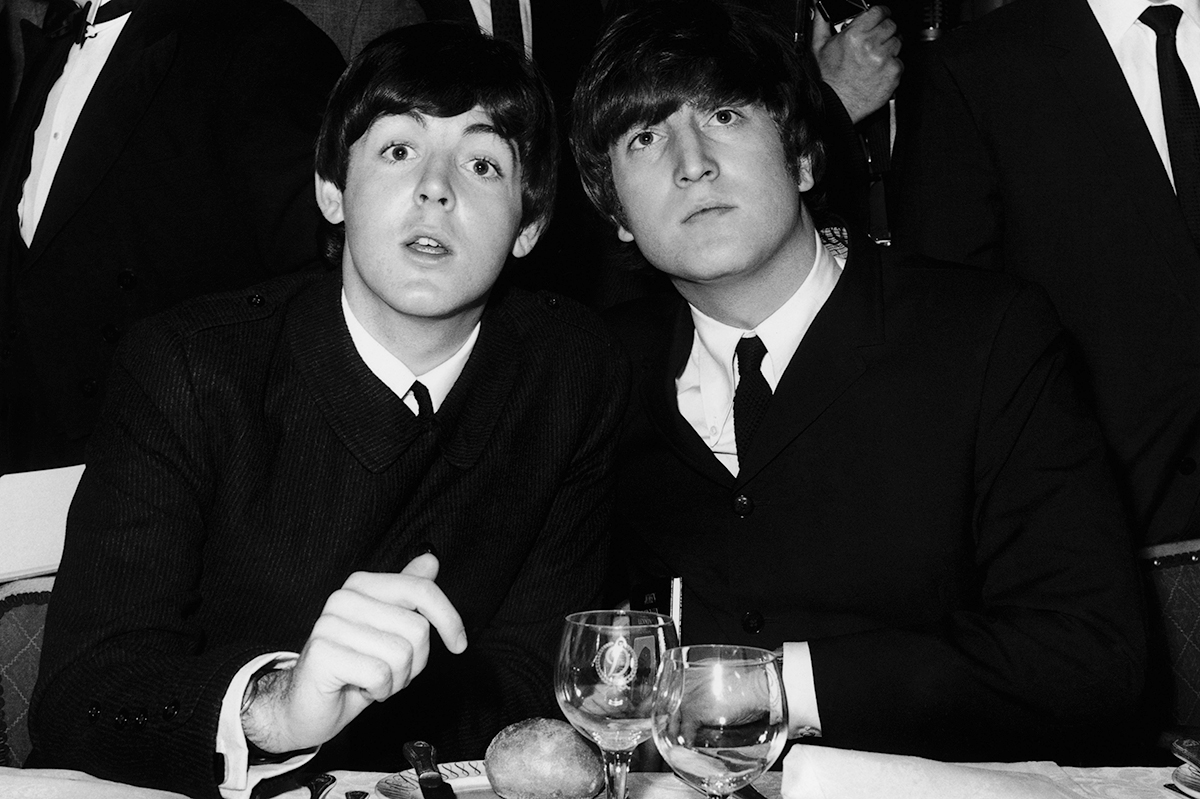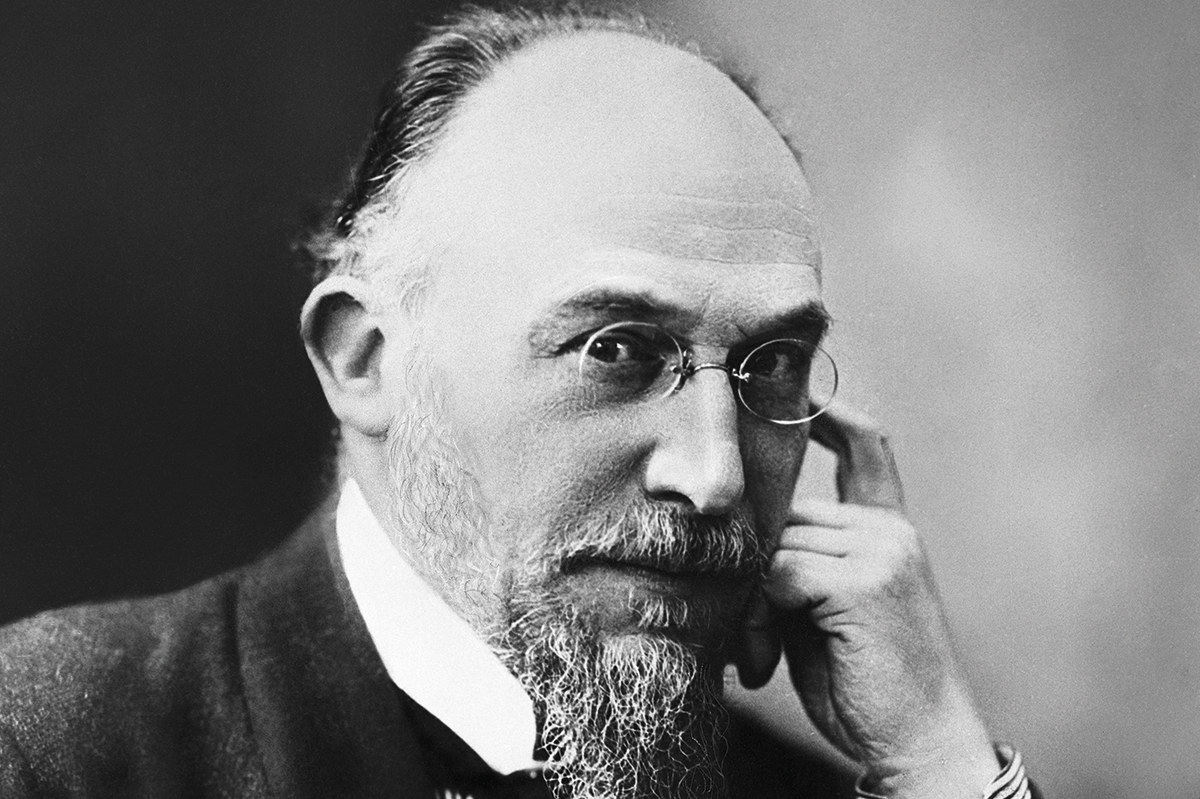‘We have it in our power to begin the world over again.’ Ronald Reagan made this most unconservative of lines a leitmotif of his 1980 presidential campaign, knowing its radicalism would highlight his energy, personal optimism and desire for change. As it duly did.
The astonishing power over words of its author, Thomas Paine, persists to this day. In a letter of 1805, the former president John Adams said of Paine that
there can be no severer satyr on the age. For such a mongrel between pig and puppy, begotten by a wild boar on a bitch wolf, never before in any age of the world was suffered by the poltroonery of mankind, to run through such a career of mischief.
Yet even Adams was forced to confess:
I know not whether any man in the world has had more influence on its inhabitants or affairs for the past 30 years than Thomas Paine … Call it then the Age of Paine.
By that time Paine had long been a household name on two continents, such was his notoriety and the power of his pen. The man himself was poorly educated and an early failure; in 1774, at the age of 37, he was sacked from his job at the excise, his second marriage disintegrated and his goods were sold at auction to pay off his debts.
He sailed for America, arrived with a severe fever — probably typhus — and began a meteoric rise that took him two years later to the heart of the revolutionary movement. His pamphlet Common Sense, published in early 1776, helped to rouse popular opinion towards independence; Paine himself estimated 120,000 copies were sold in its first three months. Little wonder he believed that America possessed the power to make the world over again.
By the late 1780s, Paine was using his literary celebrity in London to promote his design for a new iron bridge. When revolution began in France, his Rights of Man (1791), initially a counterblast to Edmund Burke’s Reflections, was another huge bestseller, but led to his conviction in absentia for seditious libel. Paine himself was in France, where he quickly fell out with Marat and Robespierre. The Age of Reason (1793), his tract against organised religion, was completed in jail, and it too sold many thousands of copies. It is quite a story.
Part of the problem was that, as Adams’s letter suggests, Paine rarely retained the confidence of those who knew him. He was, on the whole, a remarkably unappetising figure: a great egoist, he acknowledged no teacher and disavowed the influence of others. He was a spendthrift, of slovenly habits and latterly a drunk.
He mounted an entirely dishonest campaign to discredit Burke, having courted his hospitality and enjoyed his friendship. He vilified his former patron, George Washington. And he was a scrounger of epic proportions; on one occasion his friend Nicholas Bonneville invited him to visit for a week in Paris, and Paine stayed for five years.
His star faded during the 19th century, but now shines brightly within a modern narrative which places him at the centre of what he called ‘an Age of Revolutions’, as a pioneering opponent of religious superstition, advocate of universal rights and cosmopolitan citizen of the world. As such, he has been feted in a flurry of recent books exploring his life and influence.
Into this melée steps the formidable figure of Jonathan Clark, scholar of Burke and Johnson and author of a brilliant study of English society and the long 18th century. This is not a brief life or coffee-table work, and barely biographical. Rather, it is a very substantial work of historical scholarship. Over 500-odd pages, Clark examines every element of Paine’s achievement and its enshrouding ideology in context. Very little survives his critical eye unscathed.
To paraphrase without nuance: Paine is a polemicist of genius, but nothing more. His thought is full of the certainties of simple common sense, but with none of its accumulated wisdom. And it veers around wildly: from being anti-government to proposing a national system of poor relief, from despising hereditary monarchy to pleading vainly for clemency for Louis XVI. He implied he had witnessed the early revolution in France when he had not, and smuggled 6,000 words by his friend the Marquis de Lafayette into The Rights of Man to fill the gap.
Scholars may disagree with these judgments. Is it really true that Paine has no worked out theory of rights? Are his ideas on, say, equal citizenship and pensions not of huge interest, coming as they do more than a century before the Lloyd George reforms of 1908-9? Clark insists, rightly, that we cannot judge the past by the present. But without that, we may miss part of Paine’s remarkable continuing appeal.

























